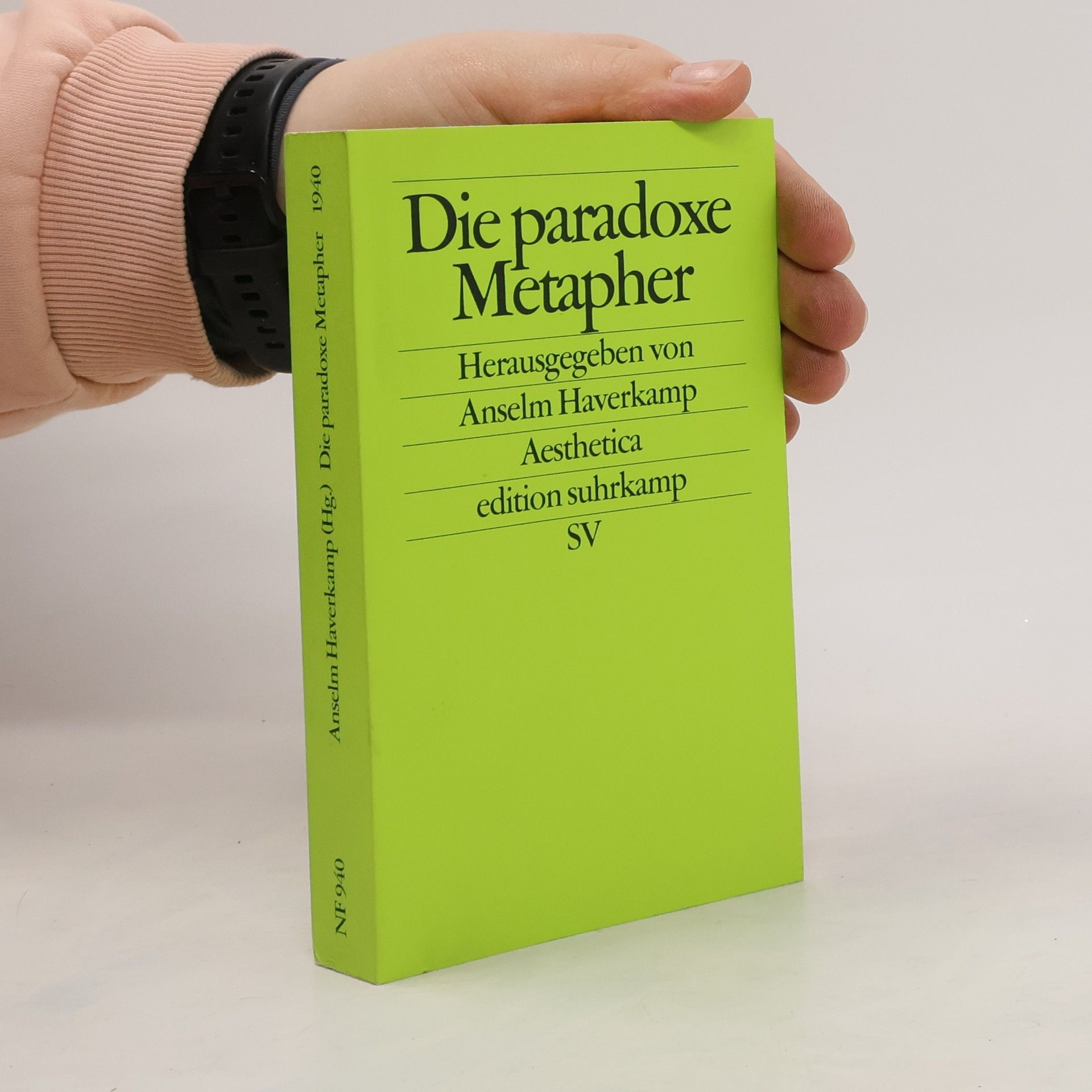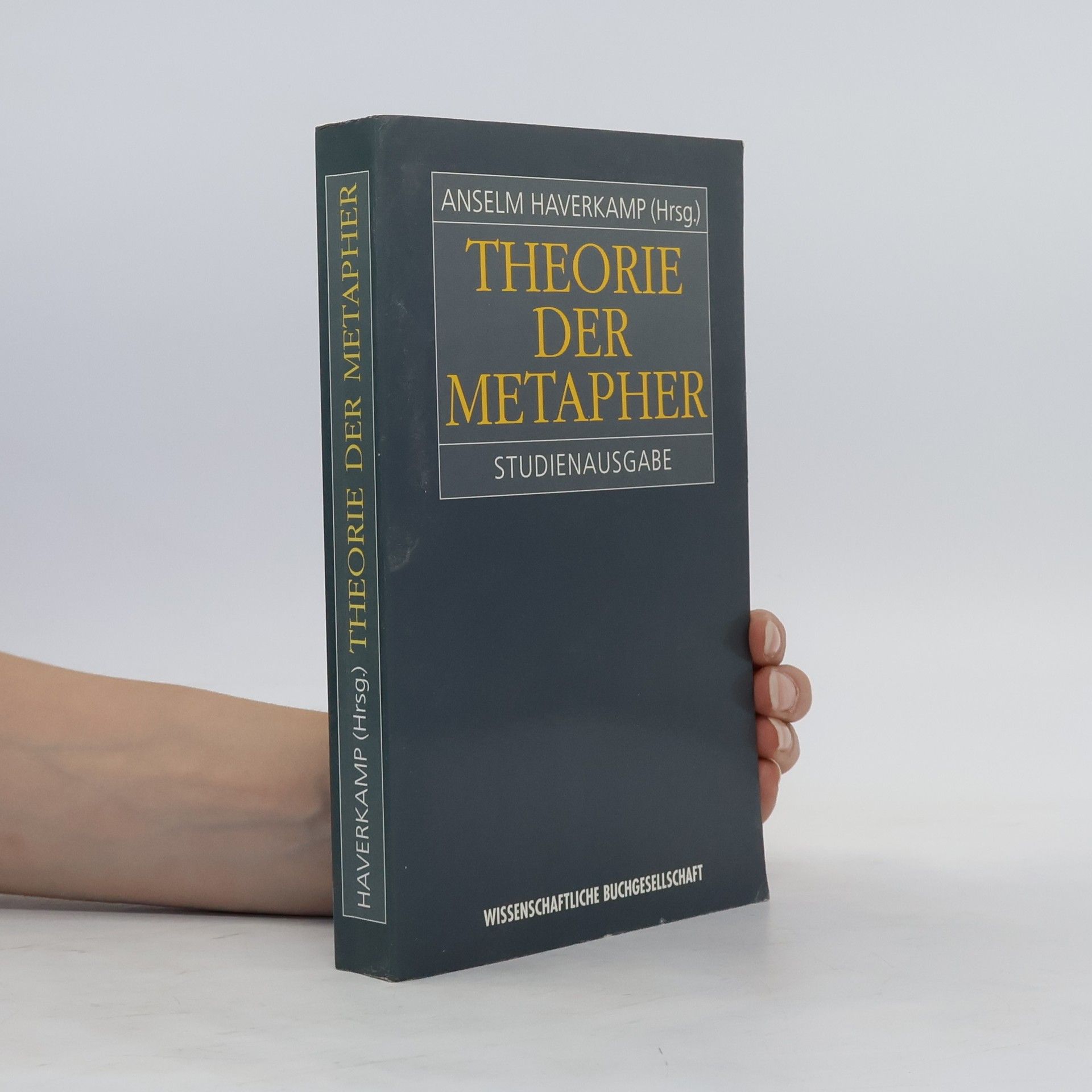Anselm Haverkamp Book order (chronological)






Fernahnend. Hölderlin und Keats
Implizite Ästhetik nach Baumgarten. 1770—1820—2020
- 102 pages
- 4 hours of reading
Hans Blumenberg, Paradigmen zu einer Metaphorologie
- 535 pages
- 19 hours of reading
Metaphern haben Geschichte in einem radikaleren Sinn als Begriffe, denn der historische Wandel einer Metapher bringt die Metakinetik geschichtlicher Sinnhorizonte und Sichtweisen selbst zum Vorschein, innerhalb deren Begriffe ihre Modifikationen erfahren. Durch dieses Implikationsverhältnis bestimmt sich das Verhältnis der Metaphorologie zur Begriffsgeschichte als ein solches der Dienstbarkeit: die Metaphorologie sucht an die Substruktur des Denkens heranzukommen, an den Untergrund, die Nährlösung der systematischen Kristallisationen, aber sie will auch faßbar machen, mit welchem »Mut« sich der Geist in seinen Bildern selbst voraus ist und wie sich im Mut zur Vermutung seine Geschichte entwirft.
Metapher
Die Ästhetik in der Rhetorik. Bilanz eines exemplarischen Begriffs
- 181 pages
- 7 hours of reading
Die begriffsgeschichtliche Vorklärung zwischen Ästhetik und Metapher kann keine Einführung in die Gemeinplätze und Eselsbrücken sein, die unter dem Titel Metapher in den Handbüchern der letzten hundert Jahre als gesichertes Wissen kolportiert werden, sondern muß der Versuch einer Bestandsaufnahme der darunter verborgenen Probleme sein, die der Sisyphusarbeit der stetig anwachsenden Forschungen immer neu entgleiten. In der Verkennungsgeschichte, die das ästhetische Paradox der Metapher begleitet, entzieht sich die Ästhetik der Geschichte ihrer Begriffe.
Die paradoxe Metapher
- 481 pages
- 17 hours of reading
1. Auflage 1998 481 S. ink. Fußnoten Taschenbuch, Maße: 10.8 cm x 2.5 cm x 17.5 cm Suhrkamp Verlag,